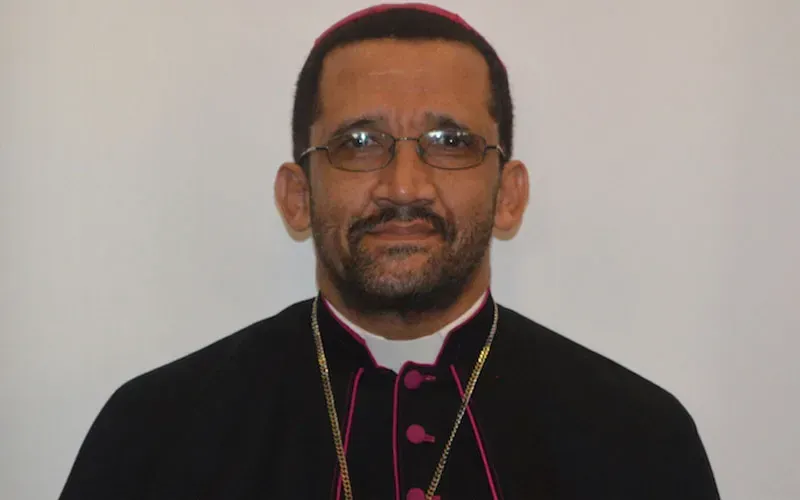Umtata, 15 December, 2021 / 11:00 pm (ACI Africa).
Catholic Bishops in Southern Africa have said they are “deeply” concerned about the planned exploration of oil and gas reserves in South Africa’s Eastern Cape.
In a Tuesday, December 14 statement shared with ACI Africa, members of the Southern African Catholic Bishops’ Conference (SACBC) say the seismic evaluation set to be conducted by the Royal Dutch Shell (RDSa.L) will negatively impact on the ocean’s ecosystem.
"We are deeply disappointed that the government has decided to turn a blind eye on the environmental impact of oil exploration and extraction, especially the prospects of ocean pollution and the serious harm that seismic techniques used to explore for oil under the ocean floor would inflict on ocean ecosystems," the Catholic Church leaders say in the statement signed by SACBC President, Bishop Sithembele Sipuka.
They add in reference to Pope Francis’ during a conference held at the Pontifical Academy of Sciences in June 2018, “The rising greenhouse gas levels are disturbing and a cause for real concern. Yet even more worrying is the continued search for new fossil fuel reserves, whereas the Paris Agreement clearly urged keeping most fossil fuels underground.”
SACBC members say they are “disappointed” by the South African government’s decision to support the exploration of gas and oil a month after attending the 2021 United Nations Climate Change Conference (COP 26) where the need for the world to keep fossil fuels under the ground, if temperature rises are to be kept within 1.5C, was “repeatedly stated.”








